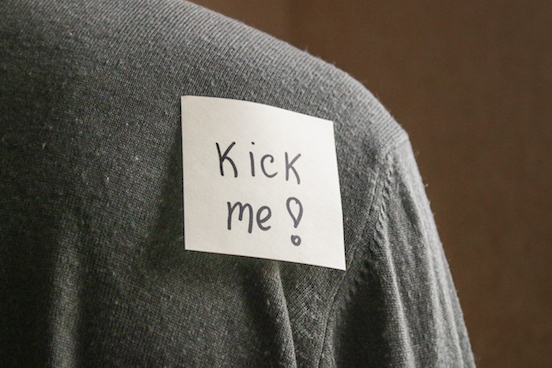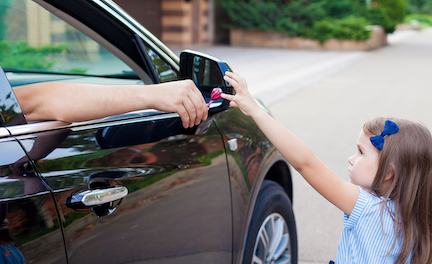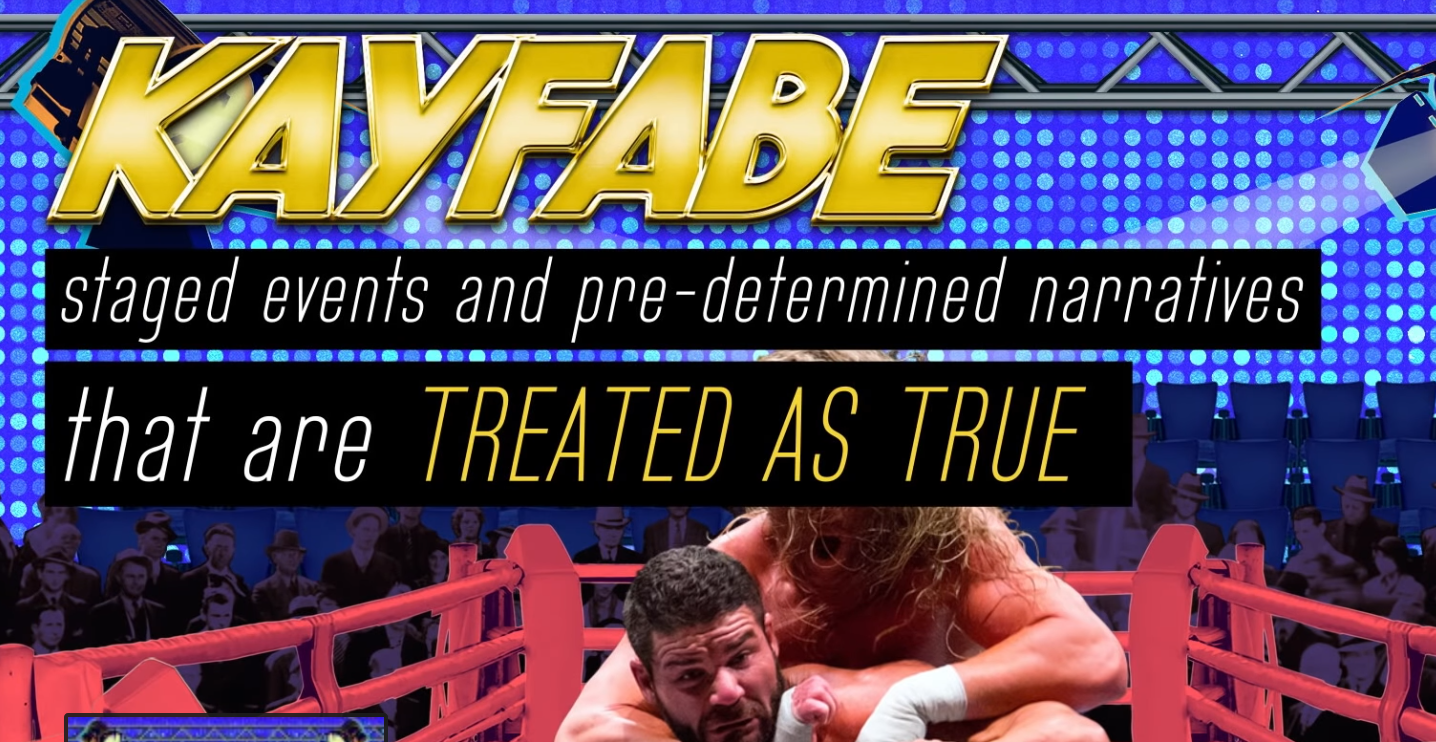
Why I avoid wearing logos.
I used to work in advertising. Over that time, I have been involved in deals and ad campaigns where celebrities would accept millions of dollars to either wear or be associated with a brand.
Paying to obtain your endorsement? That’s a good deal. Doing it for free? Not so much. Are you paying the brand to be an endorser of their brand? Compared to the celebrity model, that seems downright crazy.
Yet every day, Americans fork over money to brands, sometimes exorbitant amounts of money, for branded products just to have the logo on those products be seen and admired by others.
For me, consumers wearing or owning a product just to show off a certain logo or brand has felt somewhat like a bully slapping a “kick me” sign on your back.
An action where the brand gets to control how you present yourself and that you are subservient. With their name on your body or on the products you bought, it literally communicates that you are owned. Not much different than a ranch’s “brand” seared on the body of cattle to show ownership.
Why does this happen?
Because the purchase of branded products have become a form of value signaling. We consciously buy and present the logos on the product we purchase to communicate to others, as Seth Godin famously said, “people like us do things like this.
The logo’s identify is used to signal our own identity.
Of course you can’t always avoid logos.
If you want a laptop that uses the MacOS software, you ‘re going to have a computer with an Apple logo on it. If you buy a car, the manufacturer’s name will be prominent somewhere. Unless you make the car yourself. That’s not the kind of logo control I’m talking about. Logos often come with the items you truly want or need. There’s a Borden logo on the milk I bought at the store for my cereal. I can’t avoid it until I open my own dairy. What I’m talking about is where obtaining identify with the brand becomes more important than access to that particular product itself.
You can get a purse, You have lots of brands, lots of prices and options to choose from. But you HAVE TO buy Chanel. If you don’t, “what would they say about you?” If you do, they might think you are amazing. With such a brand mindset, your sense of self becomes totally dependent on what you buy.
My other problem with logos is when the identity of the logo is often better than the product it’s often attached to. I can’t tell you how many times I’ve seen logos from “high value” brands like Armani plastered on clearly cheaply made T-shirts. The value of that product is not the T-shirt, it’s the name on it. But to that person, the association and value signaling around the brand name are important. So they wear it.
To me, that’s the “kick me” sign on the front, instead of the back.































